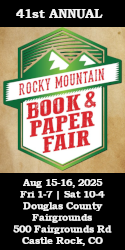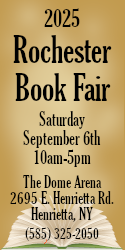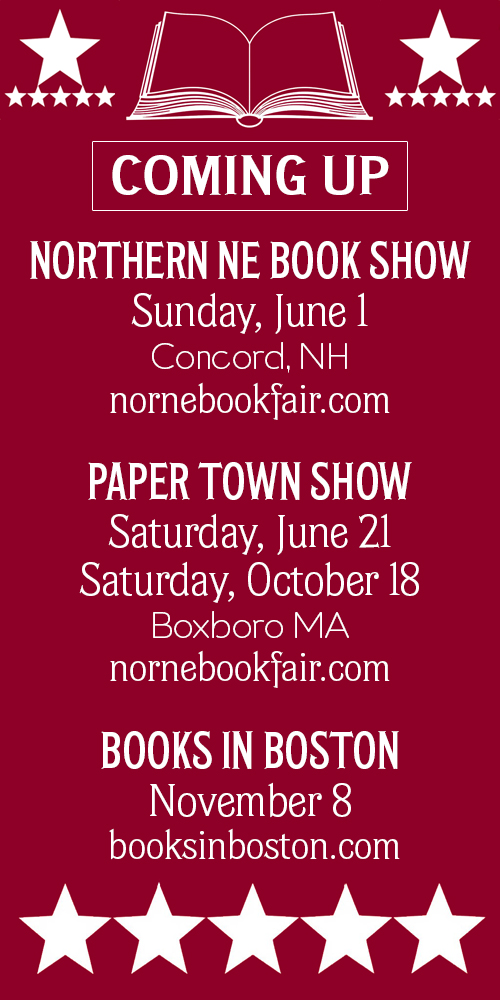Some Thoughts on the Morgan's Hemingway Exhibit
Not long after returning from Scotland, we attended the Morgan's Hemingway exhibition that remains on view until the end of January 2016. The Morgan Library and Museum, on Madison Avenue at 36th Street in mid-town Manhattan, has put on many important events over the years and I have to think this is one of the most instructive on many levels.
I've read a lot by and about Hemingway (one of the best biographies is the major one by Carlos Baker that was published in 1969), learned a lot at the exhibition, and came away with the sense that scholars of the future will find much less in the way of a paper trail to add to their understanding of the creative process of writers working today. The Morgan has displayed a substantial sampling of the working drafts of many of Hemingway's novels and short stories (The Sun Also Rises, the Nick Adams stories, etc.) and in addition to the usual sort of authorial/editorial revision, rephrasing, or minor cutting that one would expect with any original manuscript, I was properly amazed by the extent of the wholesale removal of working paragraphs and entire pages of many of his major works.
Not every writer of fiction is a Mozart and it takes a lot of hard work to make writing look easy. Hemingway famously used adjectives sparingly (almost the way the Welsh language uses vowels) and made his nouns and verbs do the heavy lifting. He must have taken Mark Twain's advice seriously about killing adjectives on sight or words to the effect – actually, if memory serves, I think it was “whenever you find an adjective, kill it”. And judging by the working manuscripts on exhibit, Hemingway had a lot of ink on his hands.
For scholars and others wanting to understand more about how major writers do what they do, unpublished letters and working manuscripts are about all we have to work with. I think the paradigm began to shift about the time people began using computers for everything from e-mail to serious writing. In the August 1989 issue of Book Source Monthly (before the name was changed to Book Source Magazine), in an interview with Stephen King, Bill Reid asks “Do you put your work together on a word processor or in longhand, or by typewriter, or … by dictation”? Stephen King replies:
"I write primarily on a word-processor, but I still do a great deal of work by hand. I carry a fine-liner pen and a ledger (world's most trustworthy word-processor) with me when I travel. I sort of like writing longhand. The new book, The Dark Half, was written in first draft on an old portable Remington typewriter. The only method I've never used is dictation. I tried it, I can't do it. The only requirement for which there is no exception seems to be that I have to see the words and the shapes the paragraphs make on the page..."
A lot of time has passed, ink spilled and “word-processor” is a dated term I haven't heard for a while. And just one of the ironies of “word-processing” is that documenting the process (like crossing out or changing words, paragraphs and entire pages) often becomes lost in the process. Right now I'm using “Open Office” to write this and frankly don't remember how many changes I've made to the draft of the piece you're now reading. After I post this on Book Source Magazine, a few days from now I might cringe at something I've said and go back and make wholesale revisions. Even though the title will be the same, the various changes will be undocumented and for all practical purposes lost. I know that computer forensics exist to recover data (or incriminating e-mails) overwritten on storage media, including remote servers, but as a practical matter how often does that happen? Of the millions, if not billions of hard drives and other kinds of electronic storage media that have been scrapped over the past 30 years, how many do you suppose have been backed up or archived in some way? Not many I would guess. For the literary scholars of the future, I think the pickings will be increasingly slim.


























